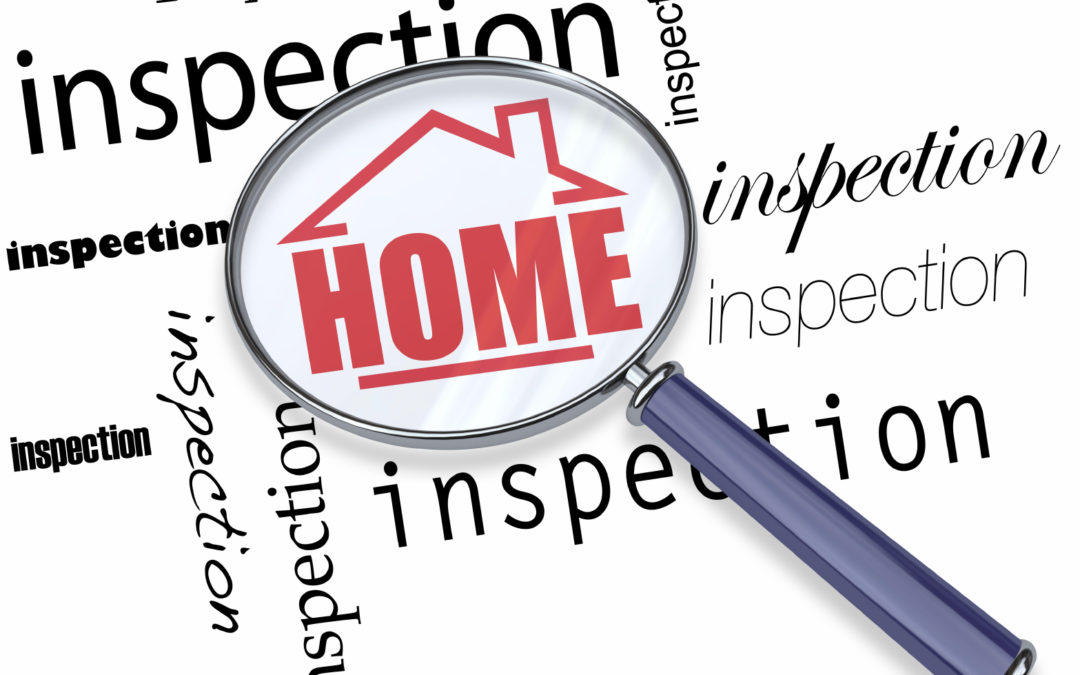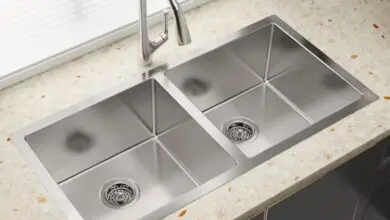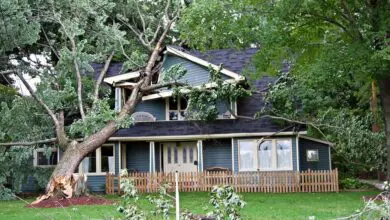Is Home Inspection Important?

A home inspection is a process conducted by a qualified professional to assess the condition and functionality of a residential property. It is typically done before the purchase or sale of a home, although it can also be performed for other purposes, such as routine maintenance or insurance purposes.
What Does the Home Inspection Process Involve?

During a home inspection, the inspector examines various components of the property to identify any existing or potential issues. These components include the structural elements, such as the foundation, walls, roof, electrical, plumbing, and heating/cooling systems. The inspection may also cover the interior and exterior condition, including doors, windows, insulation, ventilation, and any attached structures like garages or decks.
The home inspector thoroughly evaluates each area and system, looking for signs of damage, safety hazards, code violations, or areas needing repair or maintenance. They may use specialized tools and equipment, such as moisture meters, thermal cameras, or electrical testers, to assist in their assessment. The findings are typically documented in a comprehensive report outlining the inspector’s observations, recommendations, and any potential issues discovered.
Why are Home Inspections Important?

Home inspections are crucial for both buyers and sellers. For buyers, it provides valuable information about the property’s condition, allowing them to make informed decisions and negotiate repairs or adjustments to the purchase price. Sellers benefit from a pre-listing inspection, which helps identify any issues in advance, allowing them to address or disclose them, potentially streamlining the selling process.
It’s important to note that a home inspection differs from an appraisal. While an appraisal determines the market value of a property, a home inspection focuses on assessing its condition and identifying potential problems.
Home inspections offer several benefits to both buyers and sellers. Here are some key advantages:
Awareness of Property Condition: A home inspection provides buyers with a comprehensive understanding of the property’s condition. It reveals any existing or potential issues, such as structural problems, electrical or plumbing issues, or safety hazards. This knowledge helps buyers make informed decisions about the purchase and plan for any necessary repairs or maintenance.
Negotiation Power: With the information from a home inspection, buyers can negotiate with the seller based on the findings. They may request repairs to be completed before the sale, ask for a reduction in the purchase price to account for anticipated repair costs, or request seller concessions. The inspection report can be a powerful tool during the negotiation process.
Safety and Peace of Mind: A home inspection identifies safety hazards that may pose a risk to occupants. It could reveal issues like faulty electrical wiring, plumbing leaks, or carbon monoxide leaks. By addressing these concerns, buyers can ensure the safety of their families and have peace of mind knowing that the property they are purchasing is in good condition.
Future Planning and Budgeting: The inspection report outlines the condition of various components and systems within the home. It provides buyers with a roadmap for future maintenance and repairs. Buyers can plan their budget and prioritise necessary improvements over time by understanding the expected lifespan and potential costs of these components.
Disclosure and Transparency for Sellers: A pre-listing home inspection can be beneficial for sellers. It allows sellers to identify and address any issues before selling the property. This upfront disclosure builds trust with potential buyers and reduces the chances of surprises or price renegotiations later in the process.
Compliance and Insurance: Home inspections can help ensure a property meets local building codes and regulations. This is especially important for older homes or properties with recent renovations. Some insurance companies may also require a home inspection before providing coverage, particularly for properties with specific risks or previous claims.

When selecting a home inspector, consider the following tips to ensure you choose a qualified and reliable professional:
Research and Referrals: Research local home inspection companies or individual inspectors. Seek recommendations from trusted sources such as friends, family, or real estate agents who have had positive experiences with inspectors in the past. Online reviews and professional associations can also provide valuable insights.
Credentials and Certifications: Look for inspectors licensed and certified by recognized industry organizations. For example, reputable certifications in the United States include those from the American Society of Home Inspectors (ASHI) or the International Association of Certified Home Inspectors (InterNACHI). These certifications indicate that the inspector has met specific training and ethical standards.
Experience and Expertise: Consider the inspector’s experience in the field. An inspector with several years of experience has likely encountered a wide range of issues and possesses the knowledge necessary to conduct a thorough inspection. Additionally, inquire about their expertise in inspecting properties similar to the one you are considering buying or selling, such as older homes or specific architectural styles.
Sample Reports: Request sample inspection reports from potential inspectors to get an idea of their level of detail and clarity. A well-structured report should include comprehensive information, clear descriptions of issues, supporting photographs, and recommendations for repairs or further evaluation. Ensure the report is easy to understand and provides a clear picture of the property’s condition.
Professionalism and Communication: Assess the inspector’s professionalism and communication skills. They should be responsive, approachable, and willing to answer your questions. Good communication is essential for a smooth inspection process and understanding the inspector’s findings and recommendations.
Insurance and Liability Coverage: Inquire about the inspector’s insurance coverage, including errors and omissions (E&O) insurance. This coverage protects the inspector and the client in case of any errors or omissions during the inspection. A reputable inspector should carry adequate insurance to provide added peace of mind.
Cost and Timelines: While cost should not be the sole determining factor, it is still essential to understand the inspector’s pricing structure and what services are included. Request a written estimate outlining the inspection scope and any additional charges for specialized tests or services. Additionally, consider their availability and the expected turnaround time for delivering the inspection report. You can make an informed decision when selecting a home inspector who will thoroughly and reliably assess the property you are considering buying or selling.
Key Takeaway

A home inspection thoroughly assesses a property’s condition, enabling buyers and sellers to make informed decisions, negotiate effectively, address safety concerns, and plan for future maintenance and repairs. It is an essential step in the home buying and selling process.




